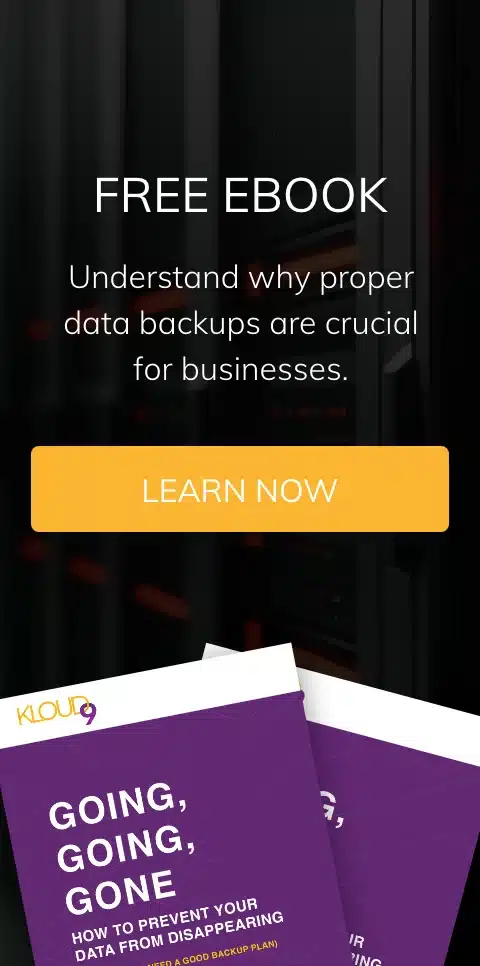Do you recollect what it was like to have downtime? Real downtime, when you could watch your child’s little league game without responding to an email on your smartphone, or take your dog for a walk without texting. But is downtime a thing of the past? In a world that is so connected it appears as though we are seldom without our devices. And the question we need to ask is; is this healthy?
It’s difficult to argue that our gadgets—our smartphones, tablets and laptops—haven’t made our lives easier. We can make dining reservations as we drive down the highway. If we’re lost, we can find directions on our smartphones. If we need advice on how to treat our child’s fever, we can find medical advice by touching the screen on our iPad.
But have you ever realized how rarely we are alone with only our thoughts nowadays? Some social commentators have wondered if this increase in communication will negatively impact the philosophical side of our species. Without the time and space to sit and ponder will we cease to do so?
That is a big question, so we won’t get into it here. And there’s simpler, yet important question, which comes from all this. Is being continuously connected a healthy thing? When is it time to take a break and just unplug?
Always being connected takes its toll, regardless of whether it’s for work or for play. The human body needs time to rest, and not just when it’s asleep. If you find that you struggle with being away from your phone, or have anxiety about not checking your mail, it could be time to turn off your devices.
If you discover, too, that your constant connectivity is harming your relationships with friends, family members, or even your spouse, it’s time to shut off the computer and put smartphone on silent. It can be all too easy to plug in and turn off. After all, making real human conversation is a more difficult task than surfing the Web or updating your Facebook page.
If you are one that always has their device in their hand, think about how your life may being impacted by it. Try leaving it at home one day, or turning it off on the weekends. You might find that you are much more laid back because your brain is not focusing on more then just being present.


Leave a comment!
You must be logged in to post a comment.